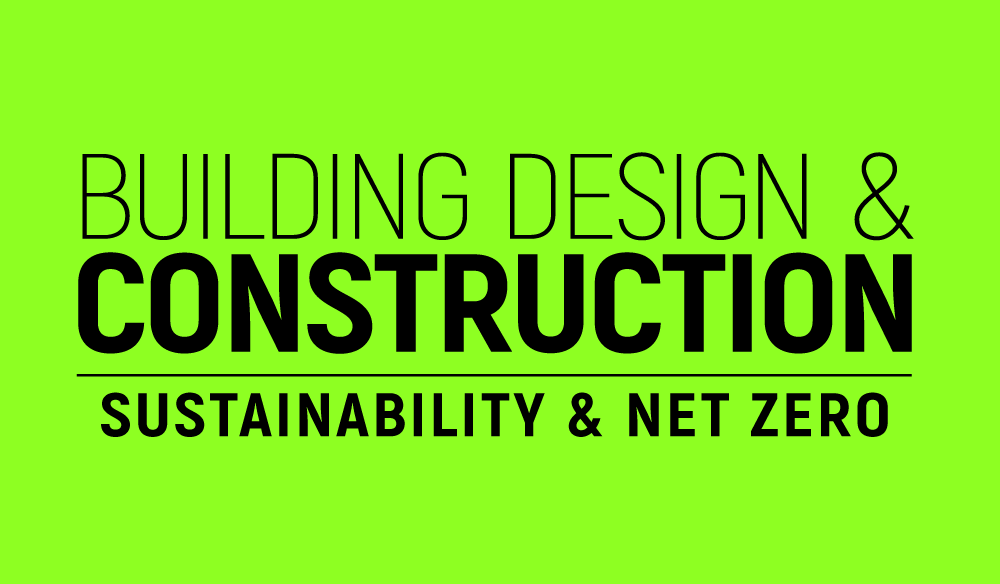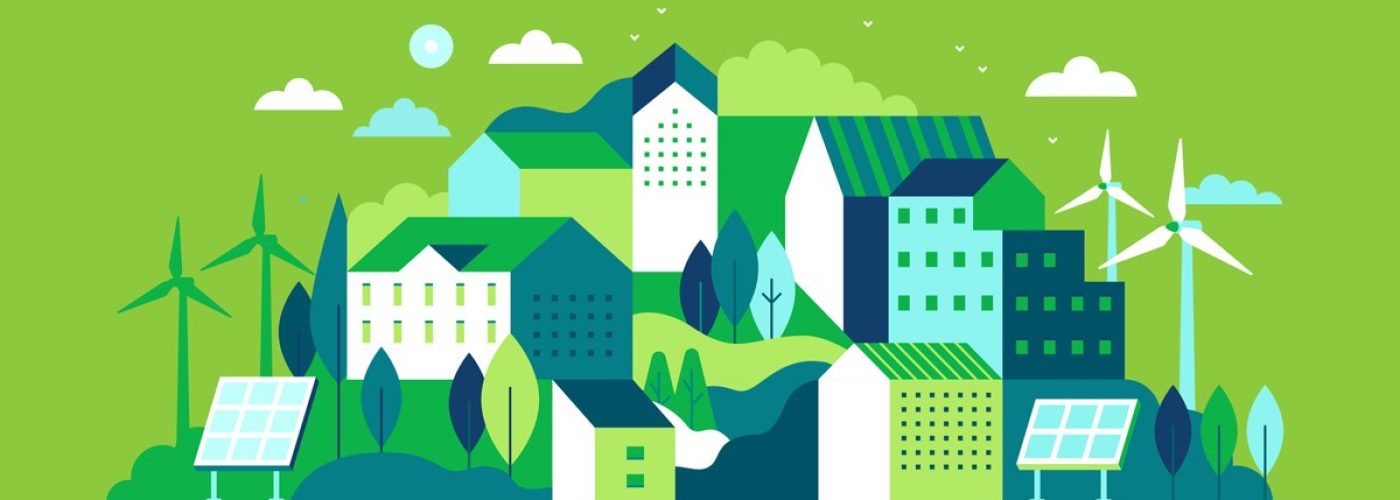Global Segment Manager at Malvern Panalytical, Murielle Goubard, discusses how the construction industry can cut industrial emissions by up to three-quarters before 2050…
Navigating toward a more sustainable construction industry is driven by the pressing need to curb carbon emissions and advance sustainability.
Cement producers globally are pushing for ambitious goals, with many targeting a 30% reduction in CO2 emissions by 2030, compared to 1990 levels, and envisioning a concrete industry that achieves lifetime carbon neutrality by 2050.
The adoption of innovative solutions to mitigate environmental impact in the industry is accelerating. Industry leaders are heavily investing in research and development to supercharge sustainability.
Optimising process and kiln efficiency
Many cement manufacturers are carefully adjusting processes in the raw milling and pyro-processing stages to enhance efficiency. Ensuring the fine particle size distribution of raw mix particles is key since larger particles can trigger clinker formation issues.
Cutting-edge tools such as particle size analyzers and X-ray diffraction (XRD) are empowering manufacturers to maintain precise control over these parameters. This has resulted in increased throughput, substantial cost savings and reduced energy consumption.
Innovative fuels and sustainable materials
Reducing direct CO2 emissions in cement production remains a high priority across the industry. Co-processing is an approach widely used, whereby alternative fuels – such as biomass, mixed and fossil-waste fuels – are applied to recover the calorific value of waste materials and reduce carbon emissions.
To optimise combustion and kiln performance, accurate characterisation of these alternative fuels is imperative. A significant quantity of emissions in cement production comes from clinker production. Cement manufacturers are proactively incorporating alternative materials into their processes to address this issue.
Alternative materials, including blast-furnace slag, fly ash, calcined clays, pozzolans, and other industrial waste, reduce the reliance on clinker production, substantially reducing emissions.
Unlocking efficiency through automation
Automated solutions, ranging from individual instruments to real-time online analysis, provide the precise control needed over processes, increasing sustainability.
On-line solutions are particularly useful in busy industrial production environments as they address the very common sampling representativity issue that is one of the most critical steps in the monitoring and control process.
This technology can reduce human error, ensuring consistency in product quality. By embracing automation, cement manufacturers can optimise fuel and power costs, cut down on production expenses and meet stringent quality requirements.
Paving the way
The cement and concrete industry is making important progress in becoming carbon-neutral, despite it being a significant challenge. Implementing a connected, future-proof analytical strategy alongside more efficient manufacturing practices, heightened recycling rates, electrification, renewable energy integration, and carbon capture could potentially cut industrial emissions by up to three-quarters by 2050.
While sustainability efforts involve investment, they also offer substantial opportunities for cost savings. The cement and concrete industry is increasingly focused on delivering a greener future, where sustainability and profitability go hand in hand. Aligning with industry trends and adopting sustainable practices, the sector will continue to navigate a path toward an environmentally friendly and economically viable future.
Building, Design & Construction Magazine | The Choice of Industry Professionals





